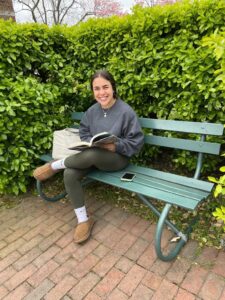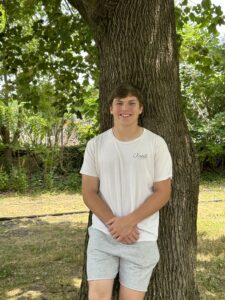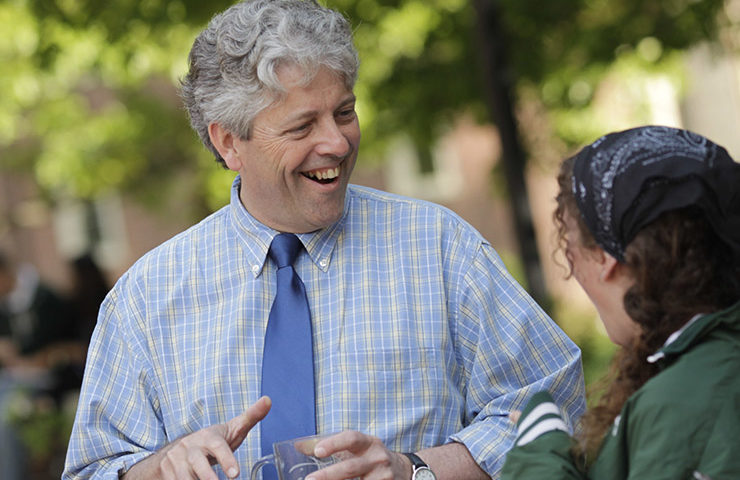
by Ralph Lelii
When I was in fifth grade, I had a friend who made me laugh–howls and stifled guffaws until I feared my bladder might burst. When I arrived at George School in 1987, I had long ago assumed I would never find such a friend again, but in the curious dance of the universe, I met Terry Culleton, without question the funniest man I have ever known.
The deeds we did here, the absurd opus we often collaborated on, will go unremembered for the most part, and deservedly so, but I will just cite one instance for posterity’s sake. Where the community portraits now hang on these walls, there were formerly all manner of traditional landscapes, portraits of Quaker luminaries, and pieces of staid, conventional furniture filled with China settings. Under each specimen hung a meticulously rendered placard telling of its historical and cultural significance.
Starting in about 2002, Terry and I replaced each of these signs, slowly, methodically, over a period of five years, with tales of wayward sociopaths, criminal carpenters, errant lotharios, and many other arcane yarns. My favorite was a note we hung under a brown cabinet housing several place settings of traditional blue China. It revealed that a former headmaster, who had used the set frequently to entertain visiting dignitaries, had been quietly dismissed from his office, having humiliated himself and the school for practicing podiatry without a license. I think it possible that Terry and I may have laid the foundation for “alternative facts.”
I believe Terry to be a man constitutionally incapable of violence or cruelty. His soul is a blessed, playful amalgam, faithfully agnostic, comprising both Jesuit and post-modern theology, Quaker practice, poetic virtuosity, and a rare and compassionate appreciation for the absurdity and sacredness of our condition. His humor is quick, knowing, fresh, but always tinged with the recognition that we are, each of us, linked by our common humanity, its paradoxes, hypocrisies, its grandeur, and its endless seeking for the divine, and that sorrow is the bitter twin of laughter, conjoined as our birthright.
To borrow from one of his favorite poets, Thomas Lux, “Terry is a man of hope and folly, filled to the back of his head, to the top of his spine with them, and even the beheadings, the giant meat hooks hanging in the sky, diminish his spirit not a tittle, not a jot.”
One of the great challenges of working four decades in the same school is how one might remain fresh, not in the myopic sense of learning the most recent pedagogical or ideological jargon, but in the deeper perches of the heart, asking how do I keep caring about it all, loving it, holding it up in faith. Despite his sense of life’s darkly comic tragedies, Terry is filled with Light, not in the colloquial Dr. Phil sense of the term, but with the sort of light that falls in the deeper catacombs of the soul, where dormant lies our childhood faith, our lost saints.
All work—but we speak tonight of Terry—requires of us each day to make the decision to face it all again, to seek faithfully what might be done, and to do whatever that requires with grace and charity and excellence. Terry and I have very different teaching styles, our intellectual interests are divergent I suspect, but knowing him, being with him, always made me feel like we, like this work, was worth the candle.
While no one can save the world, we can still love it regardless of its state, and that is perhaps the only redemption which calls us back day after day. Thomas Bolt offered this insight about our condition, “God made the plants for their simplicity, the animals for their innocence, but man, man he made to serve him wittily in the tangle of his mind.” I believe that Terry has stood his tangled Gods in good stead.
I have sat in probably two hundred English department meetings with Terry, and his tender humanity, his relentless sense of absurdity and parody and intellectual possibility, have kept us fresh. I have waited thirty-three years to use the word I am about to insert. Terry is droll, perhaps the drollest of the droll.
Terry really gives a damn and has across four decades. That is no small thing. Teaching is not arduous in the way that roofing or Uber driving or nursing might be, but spiritually, to stay worthy of the name, a master teacher must everyday treat the souls in front of him with a sense of wonder, honest anticipation, and Platonic love in spite of one’s own doubts and fears and sometimes despair.
Carl Jung believed that the origin of evil in the world is the fact that people are not able to tell their stories. Students too have their dreams and forgetting that is to forget the essence of this thing we do. Terry has been dedicated his whole career to letting students tell their stories, to look inside and awaken rather than outside and to simply dream.
All of us are born into a world we never made, and we must make of it what we can, but as much as anyone I have ever known, Terry never forgets the power of the individual soul, the worth and possibility of each tempestuous, inconsistent, and vulnerable adolescent, these children of strangers we help raise.
His teaching, his love of this fragile and hilarious life is expressed in metaphor, in humor, in allegory, and inspiration. Antoine Saint-Exupery wrote, “If you want to build a ship, don’t drum up men to gather wood, divide the work, and give orders. Instead, teach them to yearn for the vast and endless sea.”
Terry is that kind of ship builder—has been his entire career. There won’t be another.






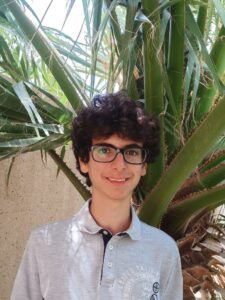 Monastir, Tunisia, and Amman, Jordan
Monastir, Tunisia, and Amman, Jordan Irvine, CA
Irvine, CA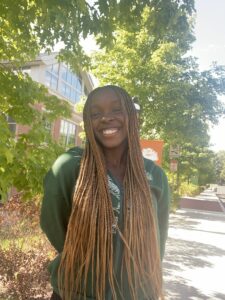 Feasterville-Trevose, PA
Feasterville-Trevose, PA New Hope, PA (Previously NYC)
New Hope, PA (Previously NYC)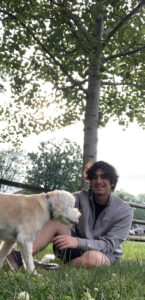 Richboro, PA
Richboro, PA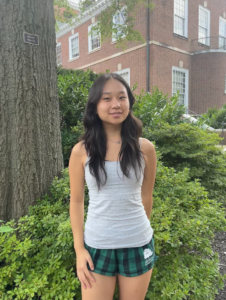 Englewood, NJ
Englewood, NJ Ningbo, Zhejiang, China
Ningbo, Zhejiang, China Willingboro, NJ
Willingboro, NJ Yardley, PA
Yardley, PA Newtown, PA
Newtown, PA Holicong, PA
Holicong, PA Newtown, PA
Newtown, PA Hamilton, NJ
Hamilton, NJ Yardley, PA
Yardley, PA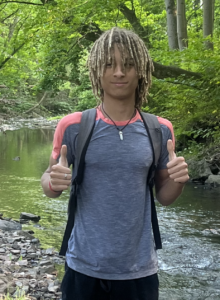 Lambertville, NJ
Lambertville, NJ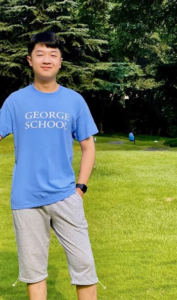 Chongqing, China
Chongqing, China Pennington, NJ
Pennington, NJ Yardley, PA
Yardley, PA Bensalem, PA
Bensalem, PA Borgota, Colombia
Borgota, Colombia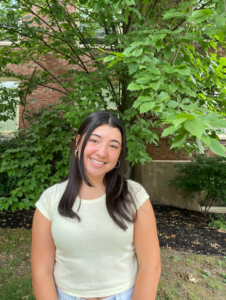 Newtown, PA
Newtown, PA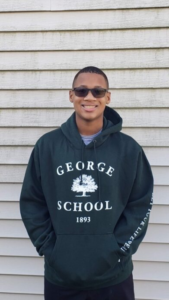 Burlington, NJ
Burlington, NJ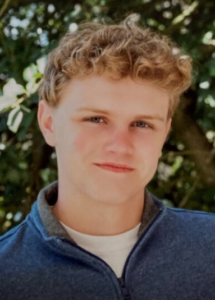 Langhorne, PA
Langhorne, PA Princeton, NJ
Princeton, NJ Langhorne, PA
Langhorne, PA New York City, NY
New York City, NY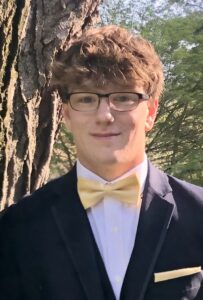 New Hope, PA
New Hope, PA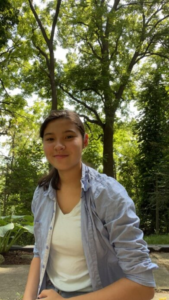 St. Catharines, Ontario, Canada
St. Catharines, Ontario, Canada Providenciales, Turks and Caicos Islands
Providenciales, Turks and Caicos Islands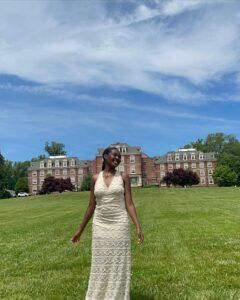 Willingboro, NJ
Willingboro, NJ Princeton, NJ
Princeton, NJ
 Newark, NJ
Newark, NJ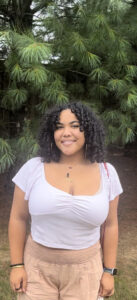 Trenton, NJ
Trenton, NJ Newtown, PA
Newtown, PA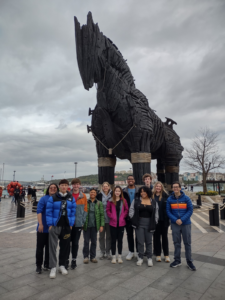
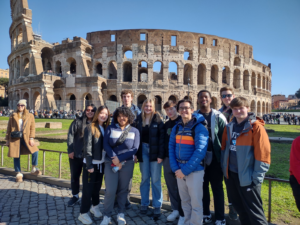
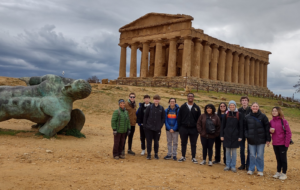




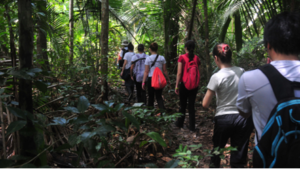
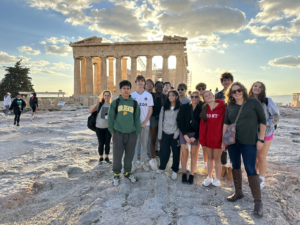
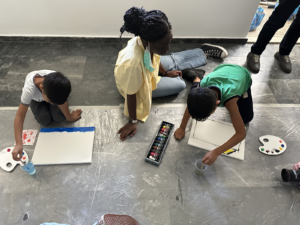
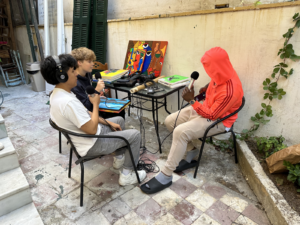

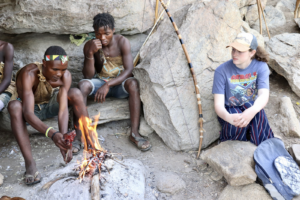


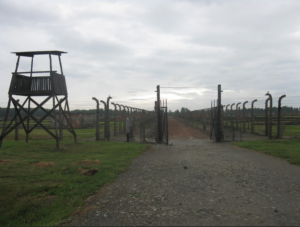
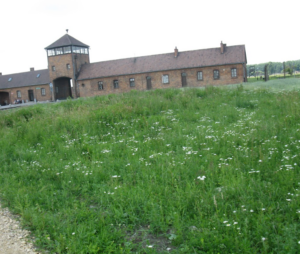
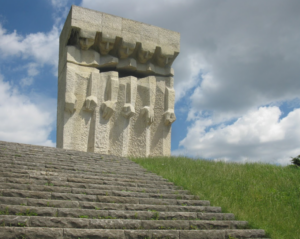

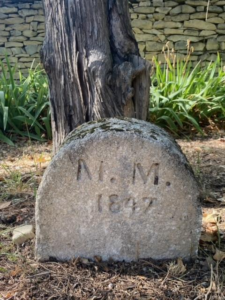

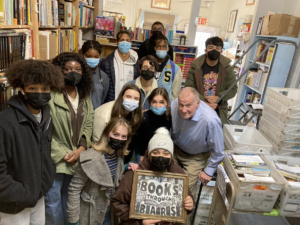

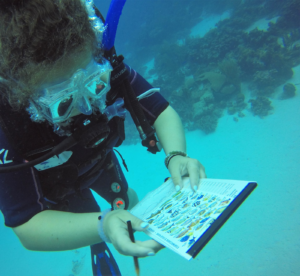


 Lawrence, NJ
Lawrence, NJ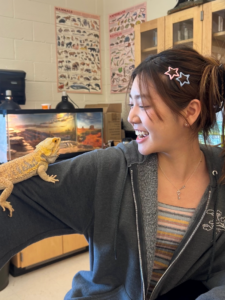 Seoul, South Korea
Seoul, South Korea
 Milwaukee, Wisconsin
Milwaukee, Wisconsin Pennington, NJ
Pennington, NJ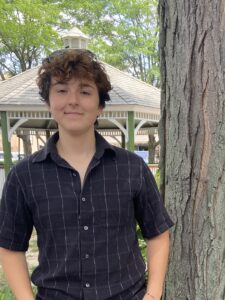 Jenkintown, PA
Jenkintown, PA Ottsville, PA
Ottsville, PA Yardley, PA
Yardley, PA Providenciales, Turks and Caicos Islands
Providenciales, Turks and Caicos Islands Hopewell, NJ
Hopewell, NJ
 Pottstown, PA
Pottstown, PA Playa del Carmen, Quintana Roo, México
Playa del Carmen, Quintana Roo, México Shanghai, China
Shanghai, China Beijing, China
Beijing, China Yardley, PA
Yardley, PA Beijing, China
Beijing, China Holland, PA
Holland, PA Langhorne, PA
Langhorne, PA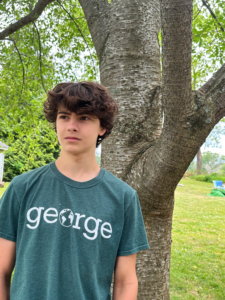 Ringoes, NJ
Ringoes, NJ New Hope, PA
New Hope, PA Dreshner, PA
Dreshner, PA Yardley, PA
Yardley, PA Yardley, PA
Yardley, PA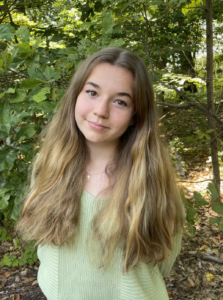 PA
PA


 Xi’an, China
Xi’an, China
